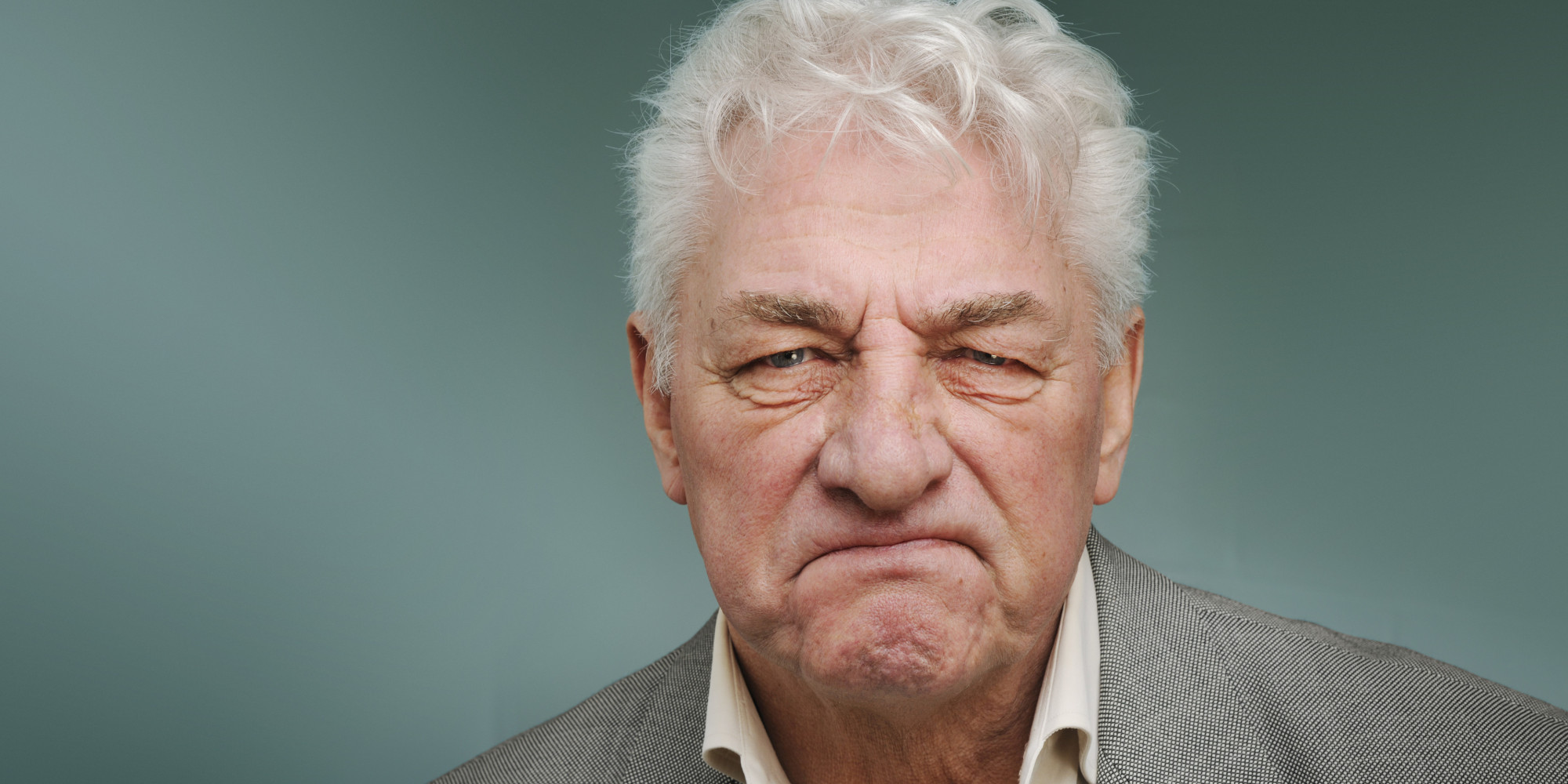High Anxiety Increases Dementia Risk 48 Percent
 High Anxiety Increases Dementia Risk 48 Percent People who experienced high anxiety any time in their lives had a 48 percent higher risk of developing dementia, according to a study led by USC researchers.
High Anxiety Increases Dementia Risk 48 Percent People who experienced high anxiety any time in their lives had a 48 percent higher risk of developing dementia, according to a study led by USC researchers.The findings were based on an examination of 28 years of data from the Swedish Adoption Twin Study of Aging, overseen by the Karolinska Institutet of Sweden. The study sample involved 1,082 participantsÛÓtwins, fraternal and identicalÛÓwho completed in-person tests every three years, answered several questionnaires and were screened for dementia throughout the study. The researchers noted that the subjects had self-reported various levels of anxiety, which may or may not meet the clinical diagnostic threshold of a psychiatric anxiety disorder. Even so, the twin who developed dementia had a history of higher levels of anxiety compared to the twin who did not develop dementia. The subjects with anxiety who later developed dementia “are people that experience more than usual symptoms of anxiety,” said study co-author Margaret Gatz, a professor of psychology in the USC Dornsife College of Letters, Arts and Sciences, who holds joint appointments in the USC Davis School of Gerontology and the Keck School of Medicine of USC. “They are people who you would say operate at a ‘high level of anxiety,'” said Gatz, also a foreign adjunct professor for the Karolinska Insitutet. She said they are fidgety. “They are frantic, frazzled people.” To determine whether anxiety levels correlated to dementia risk, researchers compared those who reported high anxiety with those who reported lower anxiety levels. “Those in the high anxiety group were about 1.5 times more likely to develop dementia,” Petkus said. Petkus said people who have high levels of anxiety tend to have higher levels of stress hormones, including cortisol. Evidence shows that chronically high levels of cortisol damage parts of the brain such as the hippocampus, which stores memory, and the frontal cortex, which is responsible for high-level thinking.
Happiness and Unhappiness No Direct Effect on Mortality

Happy or Unhappy? Doesn’t seem to matter in terms of living longer! Bahhhhhh
Slow Walking Speed Could Be Indicator of Alzheimer’s
Slow Walking Speed Could Be Indicator of Alzheimer’s
Slow Walking Speed Could Be Indicator of AlzheimerÛªs
Slow Walking Speed Could Be Indicator of AlzheimerÛªs
Hearing Loss May Be Associated with Earlier Death! What Did You Say?
Hearing Loss May Be Associated with Earlier Death! What Did You Say?









